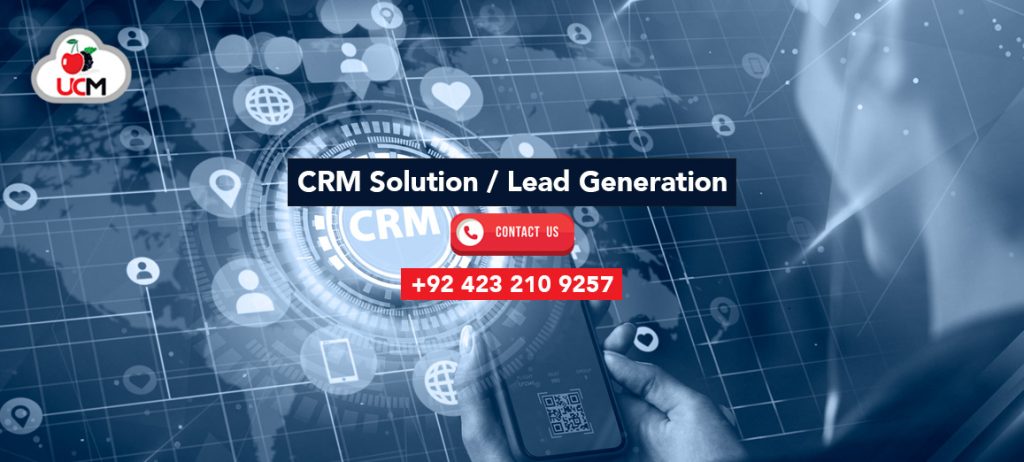For B2B companies, lead generation strategies are the primary engine of growth. It’s essential for breaking through the clutter, establishing trust with clients, and influencing their purchasing decisions.
Regretfully, one of the most significant obstacles facing marketers is doing it correctly.
We can see why it seems intimidating. A model for producing content, drawing visitors, converting them, and qualifying them for distribution to your sales teams must be developed.
In a crowded media ecosystem, you must compete for your buyer’s attention while completing all of this at scale.
However, it doesn’t have to be as difficult as it would seem. We’ve broken down every phase of developing a lead generation strategy into manageable steps in this comprehensive guide, so you can do them one at a time.
What Is Lead Generation?
Anyone who shows interest in the products or services your business provides but may not be ready to buy is referred to as a lead.
An information exchange, such as giving a name and email address for a piece of material, is how this interest is conveyed.
Prospects and leads are not the same thing. There is a distinction. A prospective client who is not yet qualified to become a prospect is called a lead. (This indicates that they are a good fit for your company and might be interested in working with you again.)
The process of drawing in and involving your target audience to the point that they feel compelled to provide you with their information is known as lead generation.
Through targeted traffic generation, information gathering, and nurturing of visitors who match your buyer personas, this process operates on your website.
Establishing a meaningful relationship with a potential consumer starts with this.
What Makes Lead Generating Crucial?
The creation of leads is essential to B2B success. How come? Two words can best describe the solution: sales cycle.
Why is this relevant? You have the power to impact a potential customer’s decision if you obtain their information early in the process. You will need all the influence you can get because shoppers are more distracted than ever.
Furthermore, you can qualify a lead once you’ve obtained their information. This implies that you choose the ones that have the highest potential to bring in money for your company and concentrate your time and efforts on converting those.
You have discovered the secret to achieving long-term business success if you can devise a plan that yields excellent leads and scales.
The Funnel For Generating Leads
It could initially appear that your potential customers approach purchases in a fairly haphazard manner. They buy things occasionally and don’t always. However, this is not even close to the reality.
Even if every person’s purchasing process is unique, there is still a procedure that goes into your buyer’s choice. The idea of a lead generation funnel was created by marketers to help them understand the entire process and gain the ability to influence it.
The fact that most purchases take a while to develop is the main reason why B2B enterprises require a lead generation funnel. Your business needs a steady, methodical approach to sales.
An immediate sale may be the goal of a B2C business, but a B2B marketer must create a long-term strategy for their sales process. This enables them to appropriately nurture and categorize prospective customers, transferring them to the sales teams when they are prepared to make a purchase.
A Lead Generating Funnel: What Is It?
The path a customer travels from the time they provide you with their information until they complete a purchase is represented by a lead generation funnel.
Because fewer people will fit the requirements at each stage to do business with your organization, it is depicted as a funnel.
Only a tiny portion of those early leads will end up as clients.
What Advantages Does Lead Generation Offer?
You understand that leads are necessary for your business to remain viable. However, precisely how can lead generation help your company? Here are nine reasons why lead creation should be your main priority.
1 – Increase Market Size
Most likely, when you first launched your company, you catered to a particular demographic. Is this, however, the only industry you can and ought to focus on? You may get to know your prospects better using lead generation.
Perhaps companies and job roles that aren’t part of your marketing initiatives are interacting with you. You can add them and observe this trend with lead generation.
You now have the chance to grow into markets that you would not have otherwise been able to.
2 – Expand Your Audience
A significant portion of lead generation strategies involve communication and content creation. It entails creating engaging material and striking up discussions on social media. The objective is to establish yourself as a thought leader in the field by providing your target audience with insightful information.
Consequently, this creates a professional group that appreciates and adheres to your brand. A portion will buy from them, and a larger portion can become brand evangelists. And more of those wouldn’t hurt anyone?
3 – Get Additional Client Testimonials
When it comes to persuading prospects to become customers, social evidence is crucial. And no source is more credible than a testimonial from a previous customer.
However, these are not always given to you (even if your offering is top-notch). Thus, it makes financial sense to request endorsements and recommendations from your clients.
After that, you may include this into other marketing materials like infographics, emails, videos, and posts on social media and your website.
4 – Increase Your Income
Lead generation, done right, may optimize your brand’s capacity to connect with potential customers. To do this, you must use the appropriate offer, content, and messaging to pique the interest of these particular groups.
By doing this, you’ll find it simpler to draw in qualified leads and facilitate salespeople’s conversion of those leads. There is a lot of room for income growth, particularly if you target the interests and problems that matter to your target audience.
5 – Create Commercial Prospects
Lead generation is useful for more than just locating leads. It might also offer commercial prospects. Perhaps a non-competing brand in your sector approaches you about co-hosting a webinar. Additionally, you can reach their audience by collaborating with them (and vice versa).
This is a win-win collaboration that has the potential to provide, well, more leads.
6 – Boost Lead Caliber
Producing material and publishing it online can increase traffic. Perhaps a ton of it even. It’s a waste of time and work, though, if your visitors aren’t turning into leads.
You’re approaching content development with a very targeted strategy when you use lead generation. These target audiences should be taken into consideration in anything you write for your brand, including blog articles, social media posts, email copy, and websites.
This facilitates the process of coming up with ideas and messaging that speak to each group. Additionally, by doing this, the calibre of your leads will increase, resulting in higher conversion rates and sales.
Final Thoughts About Lead Generation Strategies
You have gained knowledge about the components of an effective lead-generating plan from this tutorial.
We understand that the procedure seems overwhelming. It’s not just you who has that thought. Every B2B marketer’s top goal is lead creation, but it can also be a huge pain. It need not be, though.
You’ve got a strong base for your lead generation plan if you can identify your funnel, comprehend your purchasers, and produce relevant content.
After everything is set up, you can concentrate on generating relevant traffic, gathering lead data, and vetting potential customers for your sales force.
It’s a continuous process that needs to be improved constantly. You’ll begin generating quality leads at scale as you discover what resonates most with your target market and your sales force.
Choose Cherryberry UCM today to find the right lead-generation strategies for your business!






